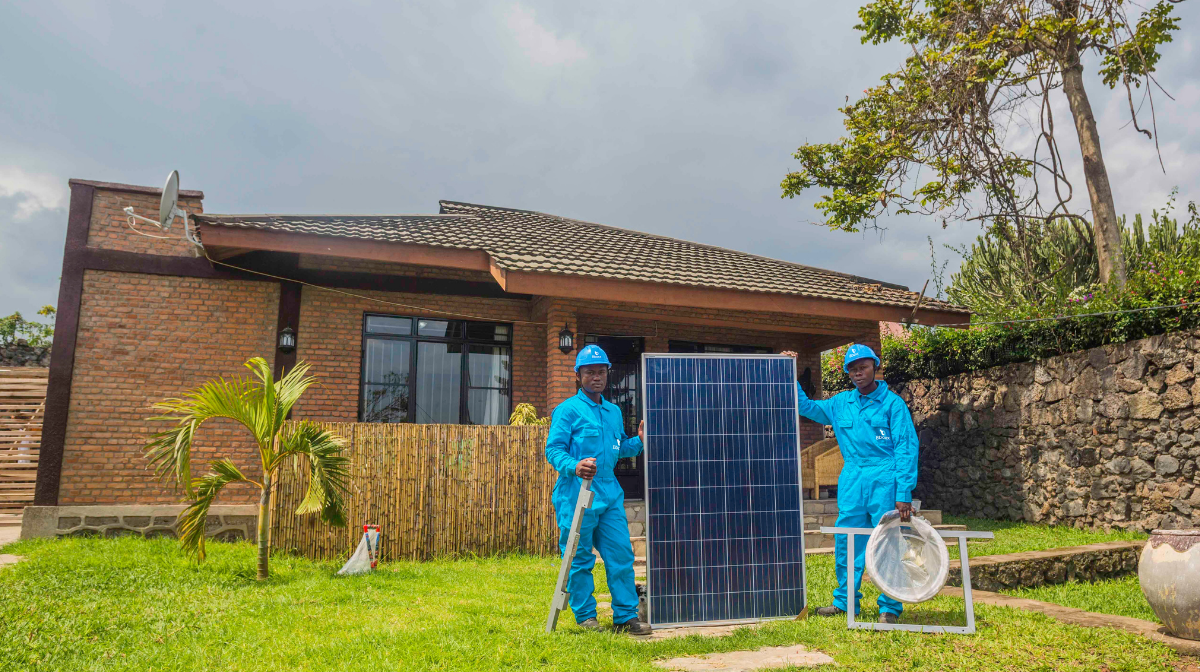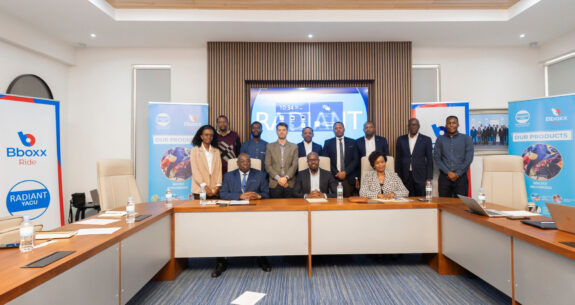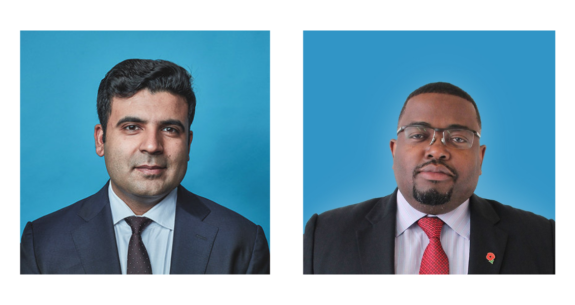London, Wednesday 20th October 2021 – As the world gears up to COP 26, there is no doubt that the climate crisis is firmly top of the agenda.
However, a lot of arguments being made and solutions proposed have focused with the western context in mind, not the African context. In particular, there has been a lot of interest in how we shift from fossil fuels to renewables sources of energy in developed economies.
And while it’s absolutely fundamental that solutions are accelerated across the board, where is the African SME, shopkeeper or rural farmer’s voice in this global conversation? Smallholder farmers in particular are being left behind. This is despite the climate crisis – which is forecast to also quickly become a food security crisis – heavily impacting them.
This is something we’ve been actively trying to address with our partnership with EDF and SunCulture in Togo, with the launch of solar-powered water pumps for irrigation.
We need to make these underserved voices – which are too often overlooked – more prominent in the conversation, to ensure that solutions are inclusive across the global economy. This is especially important as the climate crisis does not work in isolation – it can quickly become an employment and migration crisis. It’s widely understood that extreme weather events from climate change will disproportionately negatively impact regions in Africa, with many Africa countries high up on the list of those worst hit by climate change. Global economic resilience is at risk if the developing world is ignored.
A lot to learn from Africa’s clean energy transition
In fact, developed economies have a lot to learn and gain from the clean energy transition underway in Africa. As here’s the truth: Africa is making real changes. It’s paving the way for a future that is distributed, digitalised and decarbonised.
Many households in Africa are becoming carbon neutral or even carbon negative at a quicker pace than the developed world. There is a huge opportunity here. Yet, how many western households could realistically say the same?
And why is Africa able to make this jump to clean energy?
Clean energy is more economical. It is better for people’s health. It is the right thing for the environment.
The African continent has already shown its ability to leapfrog straight to much smarter and more tech-enabled solutions when it comes to energy. Consumers aren’t weighed down by legacy systems or incumbent interests, demands and behaviours that favour fossil fuels.
Decentralised solar mini-grids are powering entire villages by renewable energy – and this is something Bboxx has done on-the-ground in Togo with our joint venture partner EDF. Called ‘Tomorrow’s Connected Community’, this exemplifies how we see the community of the future in practice in rural regions of countries like Togo, but across Africa too. Partnerships are a hugely significant piece of the puzzle to scale impactful clean energy projects like these.
In the Democratic Republic of Congo, a digital subsidy programme has been launched to make solar energy payments even more affordable and therefore accessible to even more parts of the population. In addition, Rwanda is on target to meet its 100% electrification targets, with renewables a core feature and it has set its sights on clean cooking too.
That is why the real carbon revolution can and will happen at the African context – and the world should take note.
***
Part 1 of a new blog series for COP26 by Mansoor Hamayun, CEO and Co-Founder of Bboxx.


